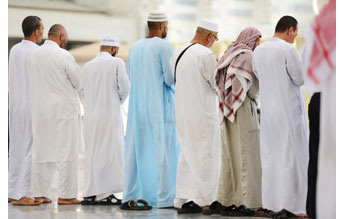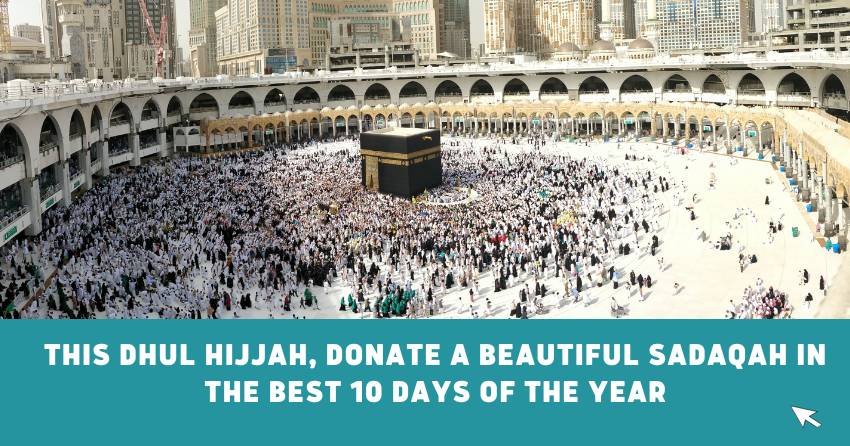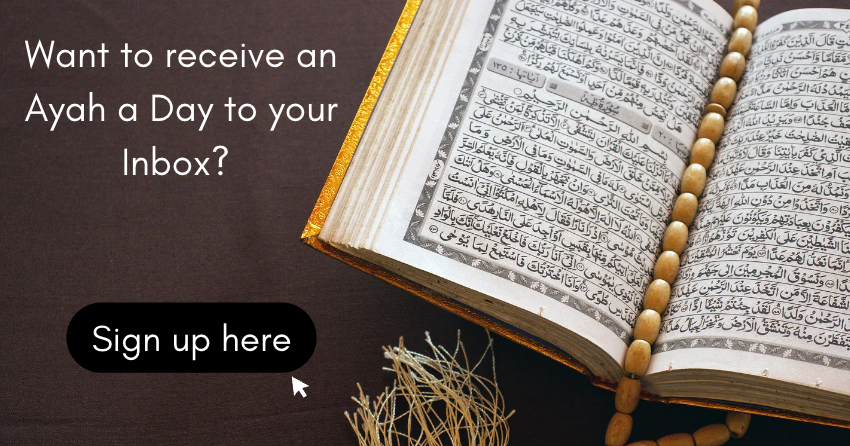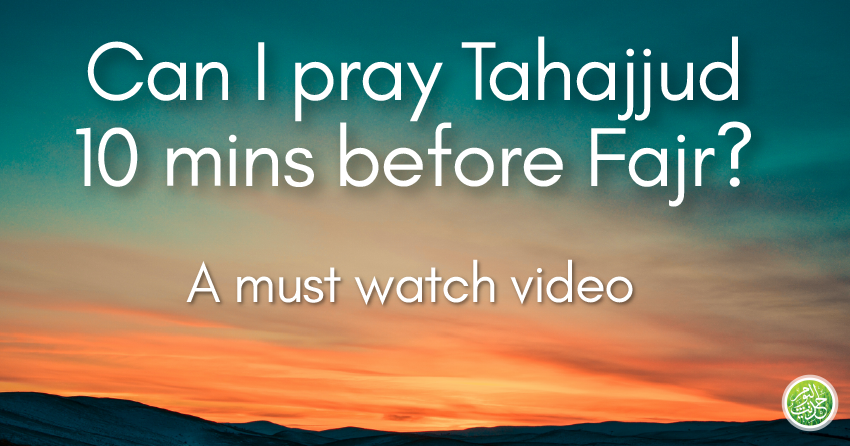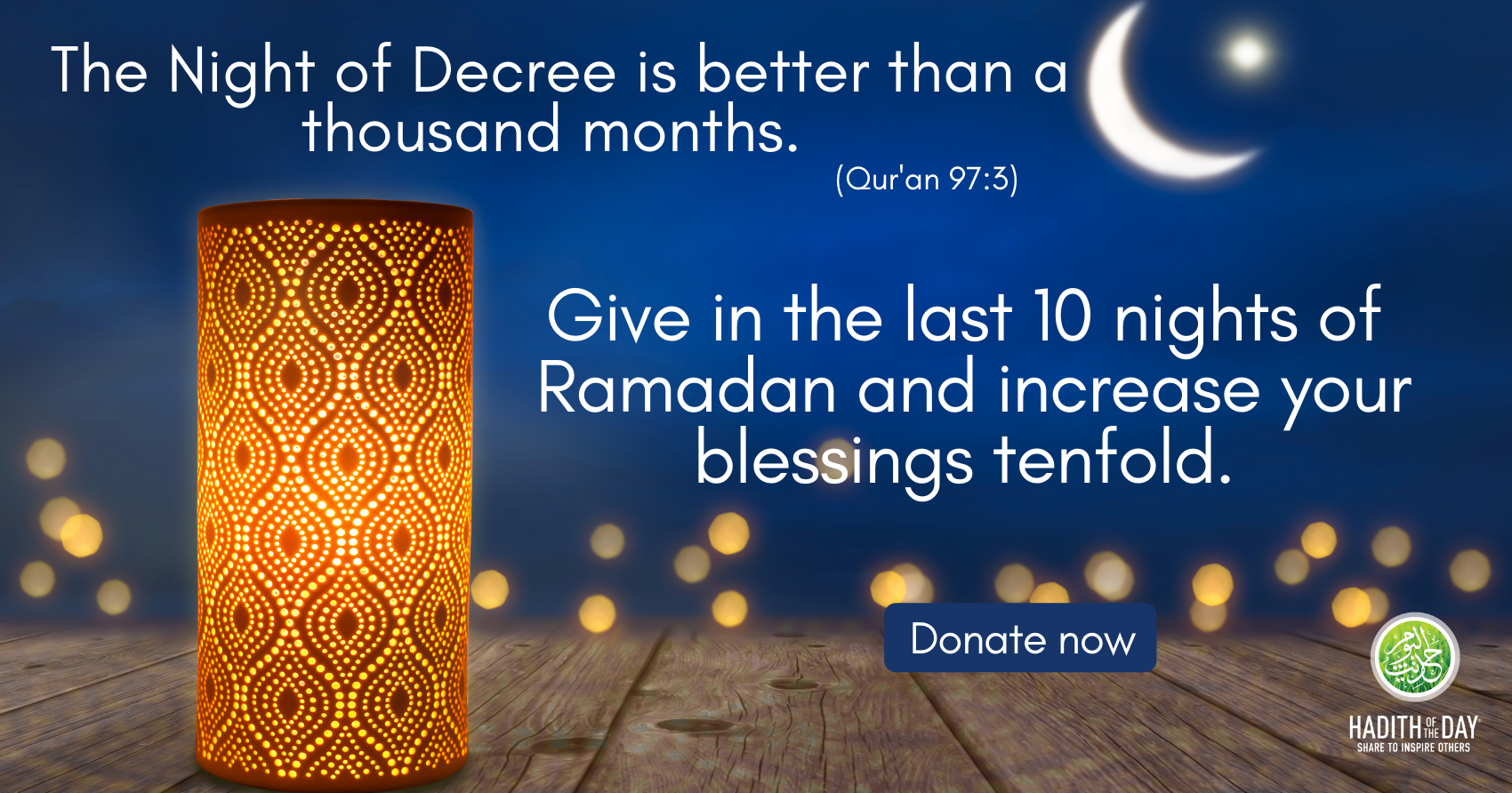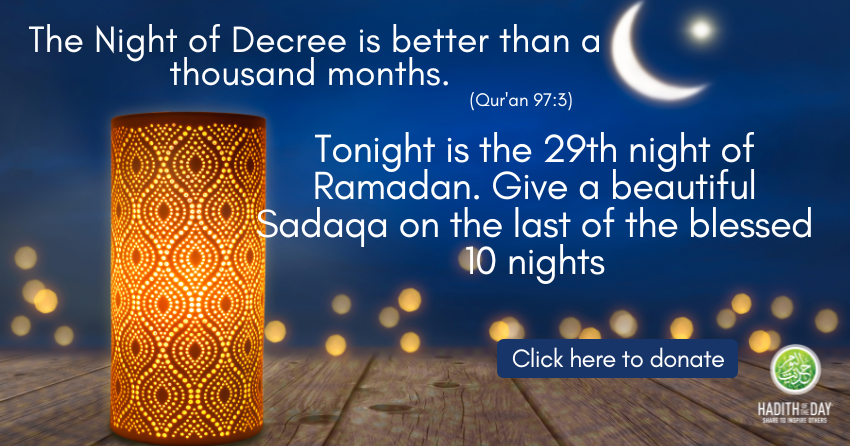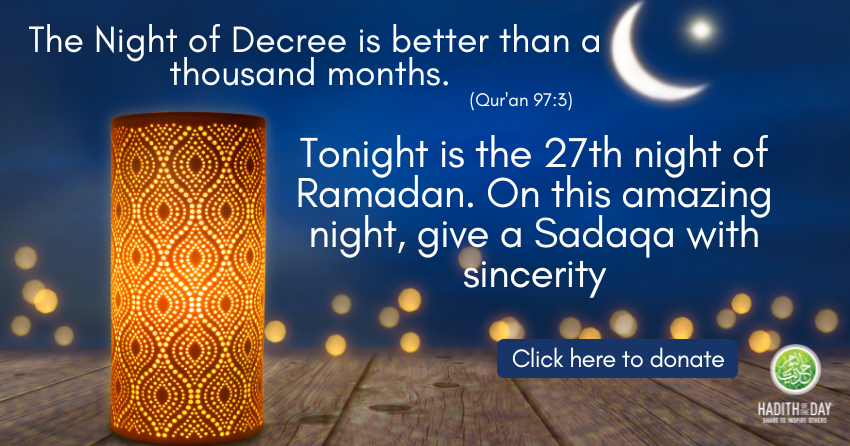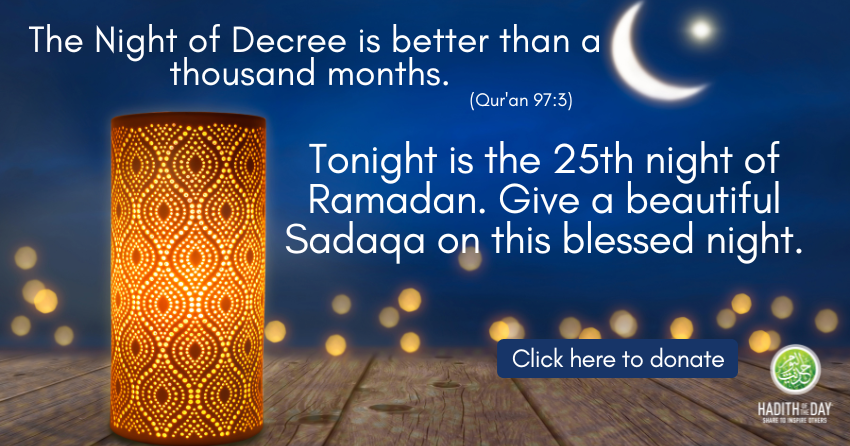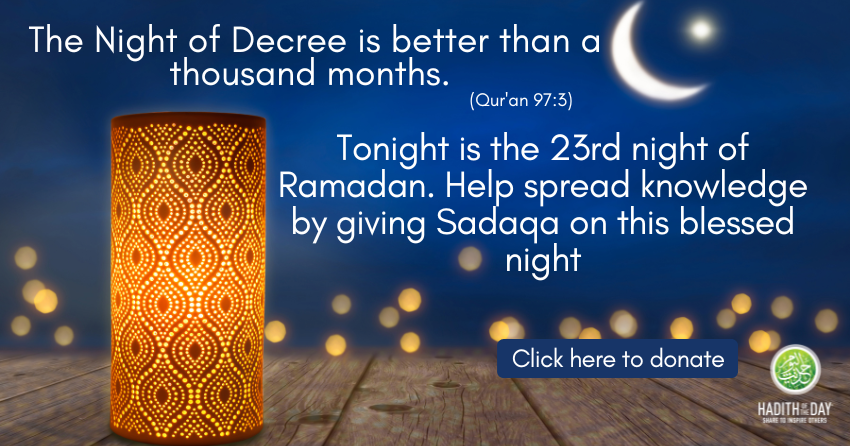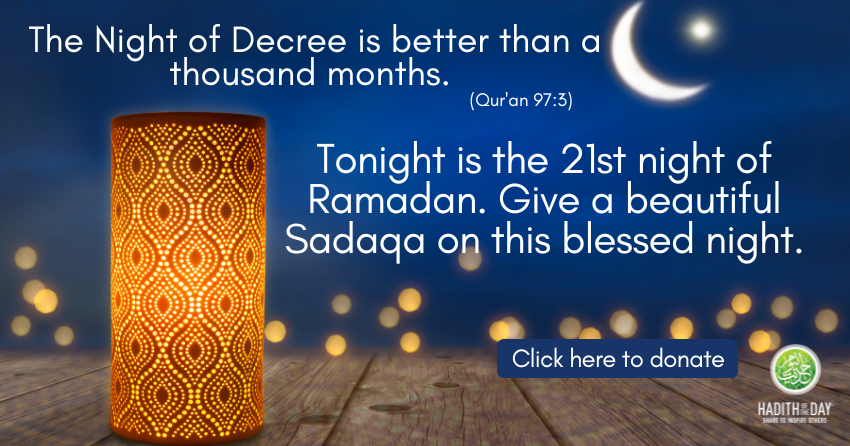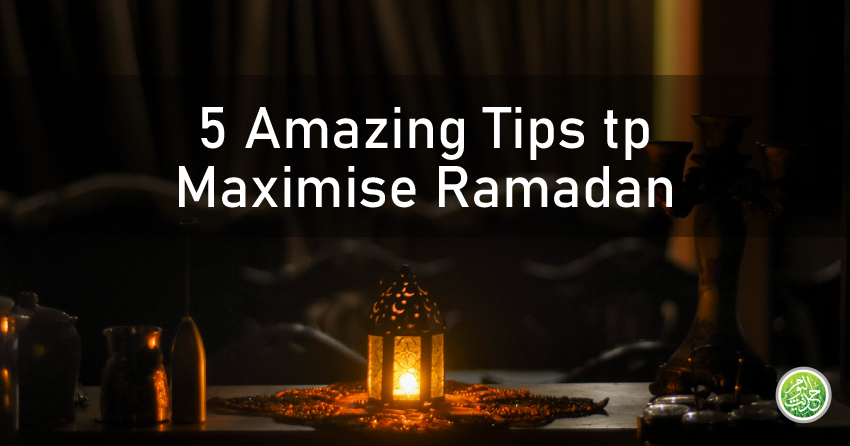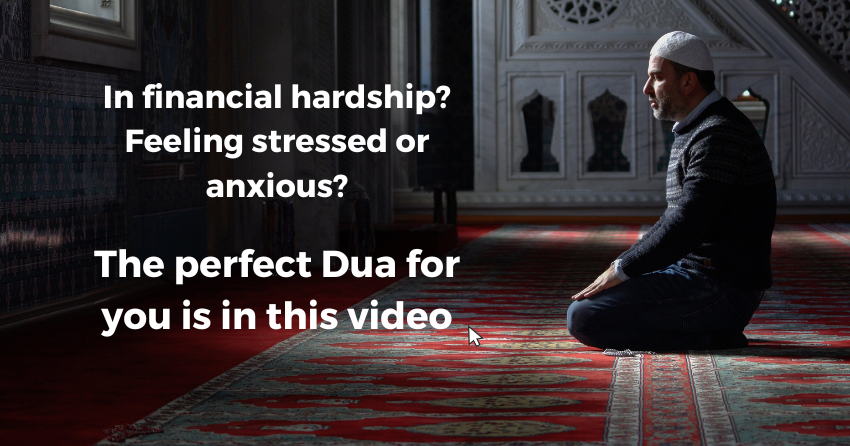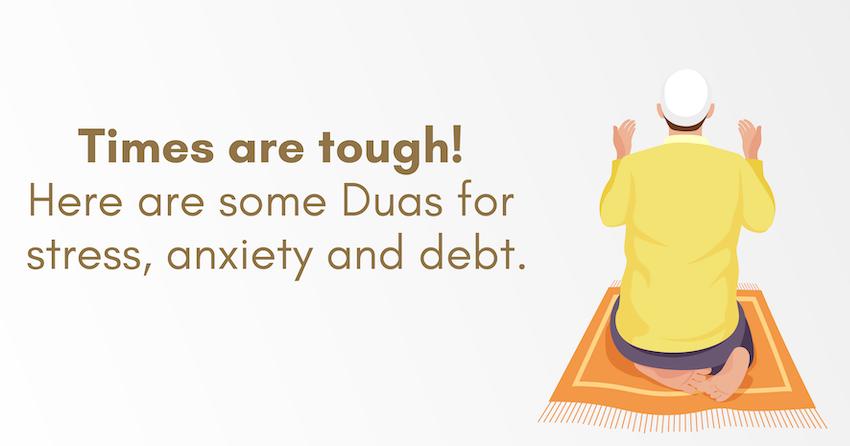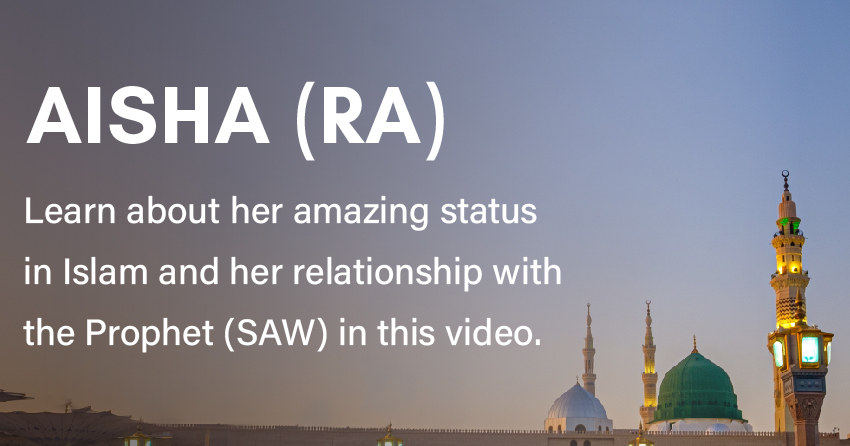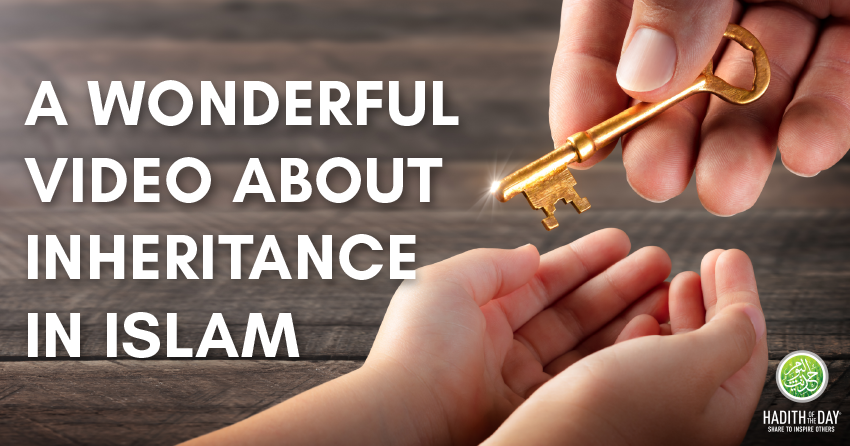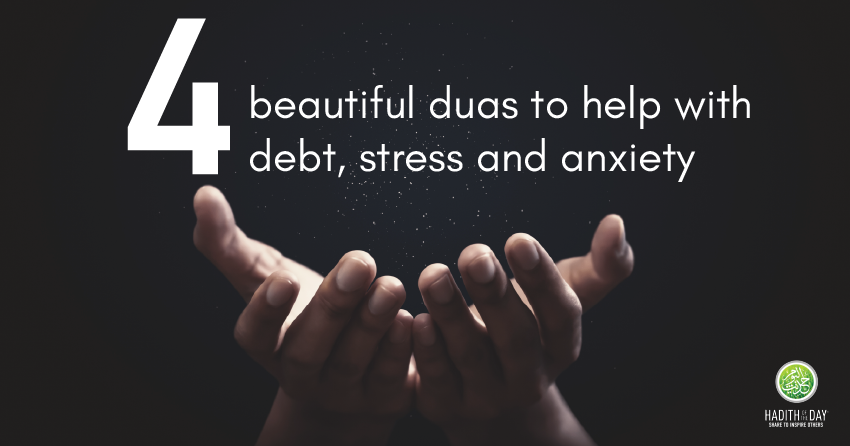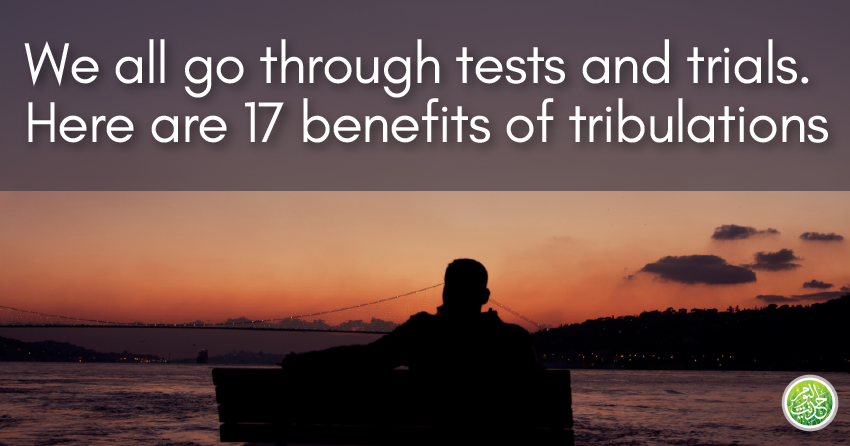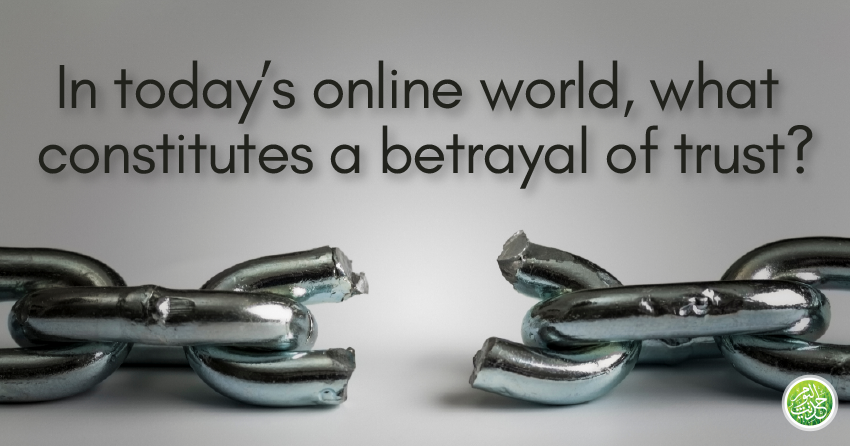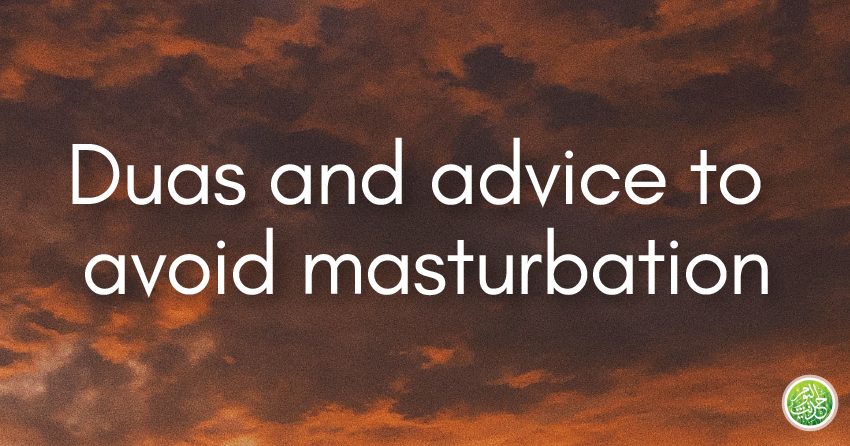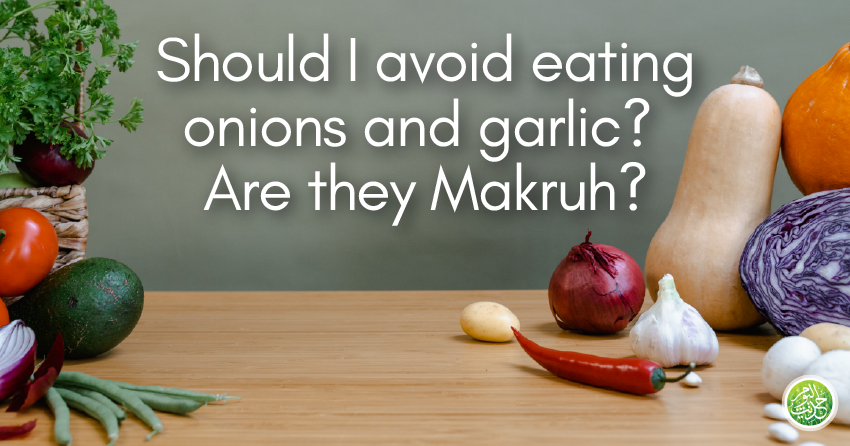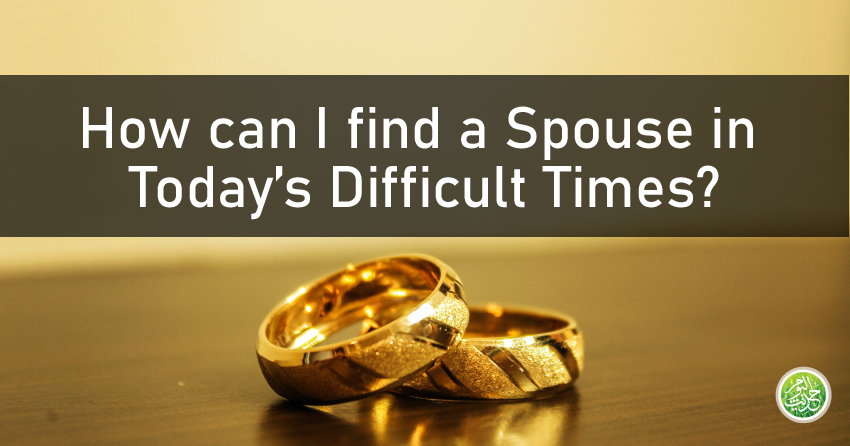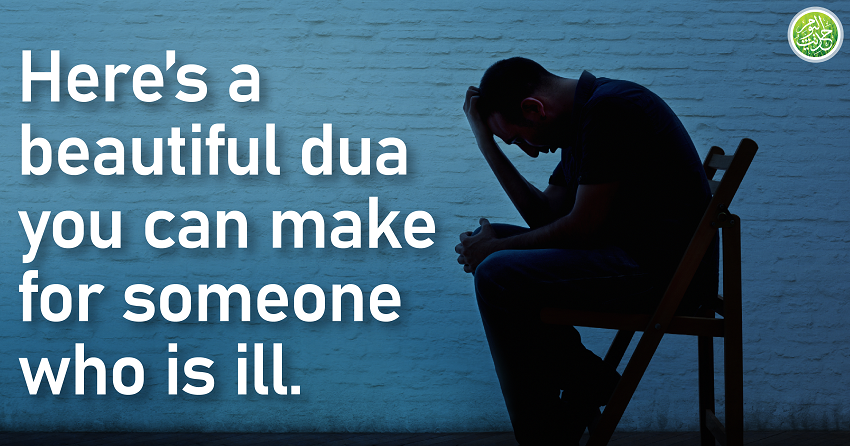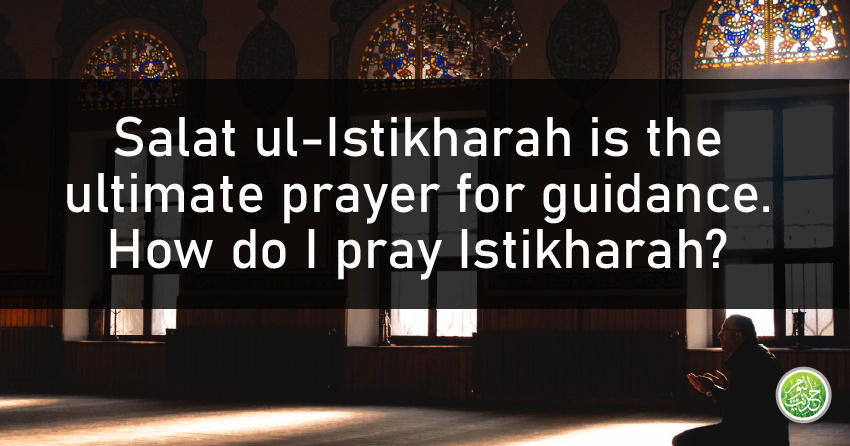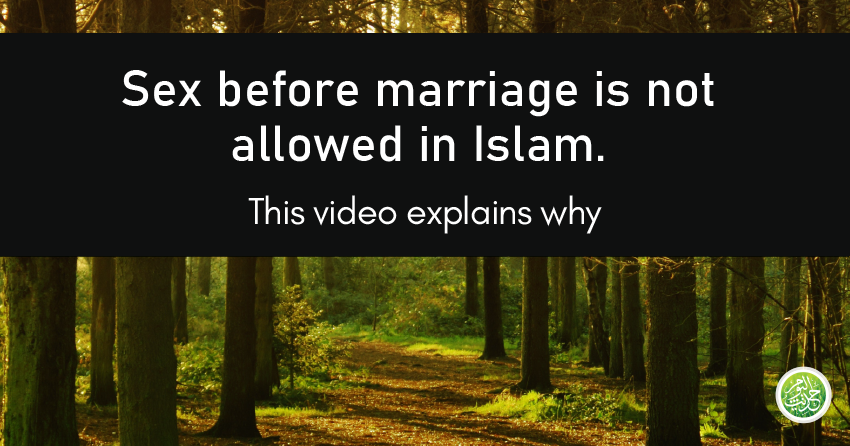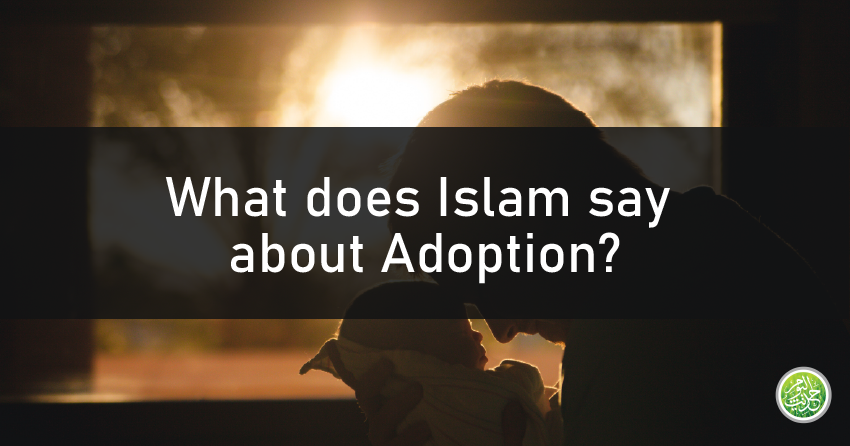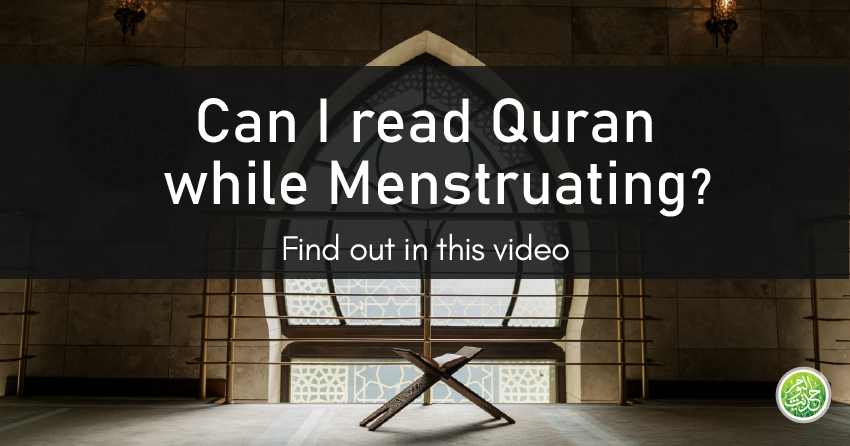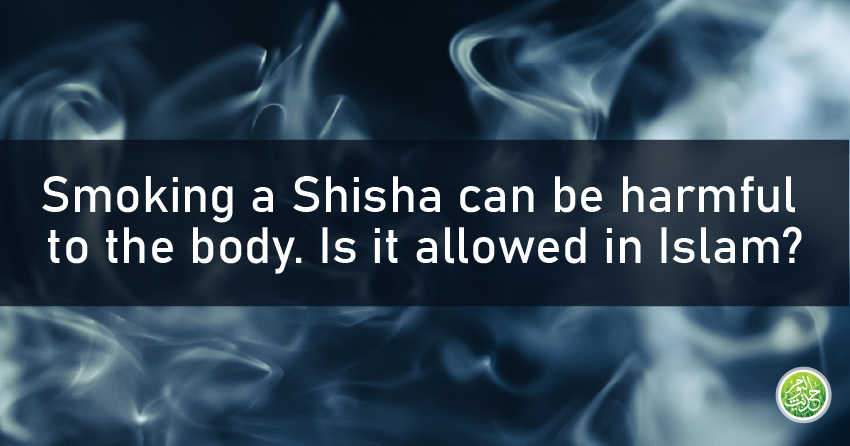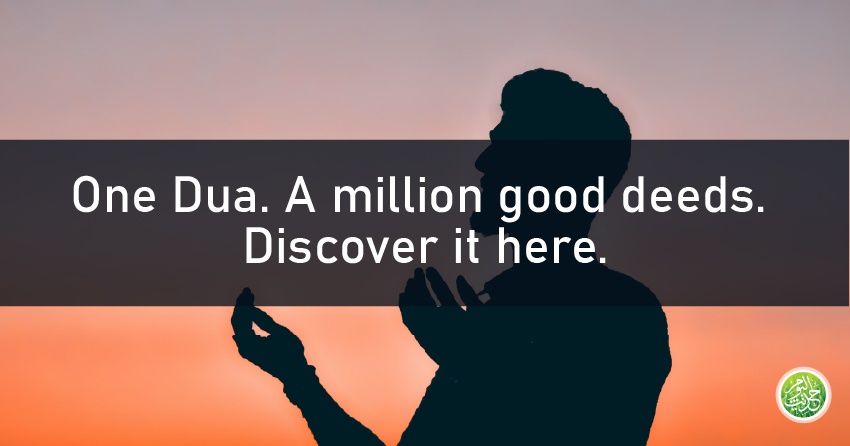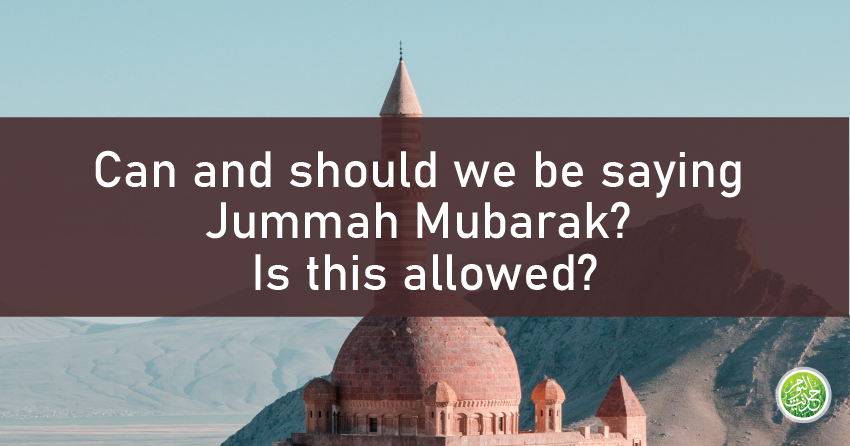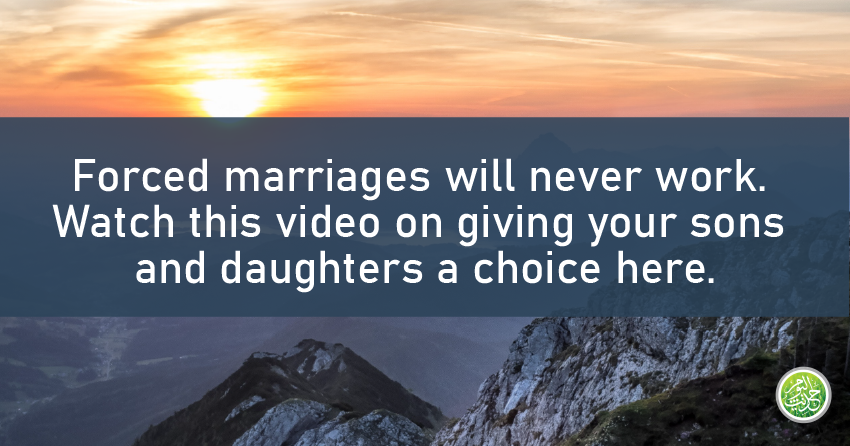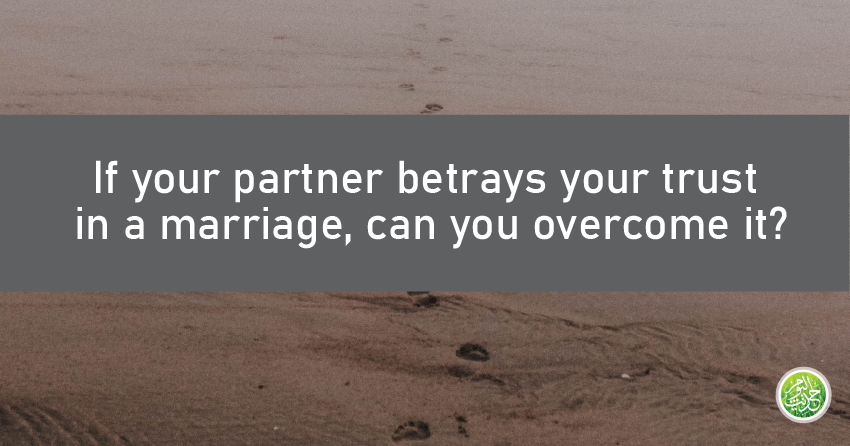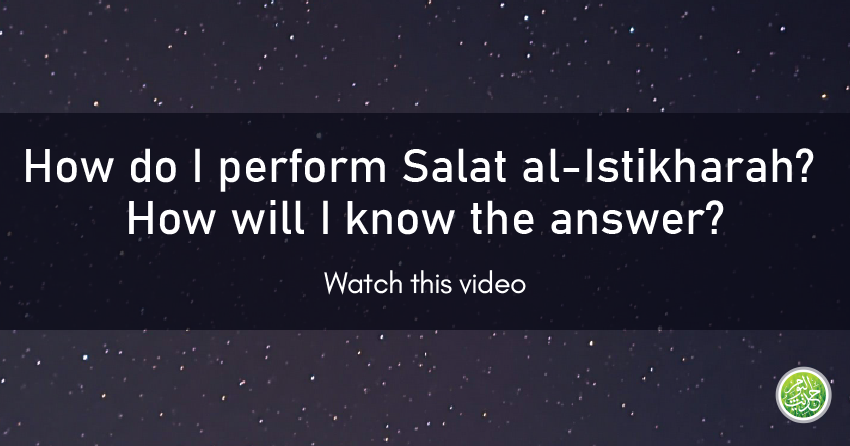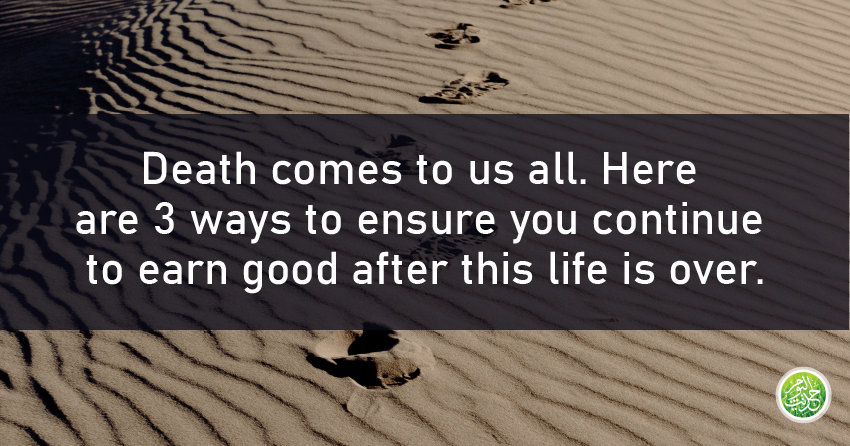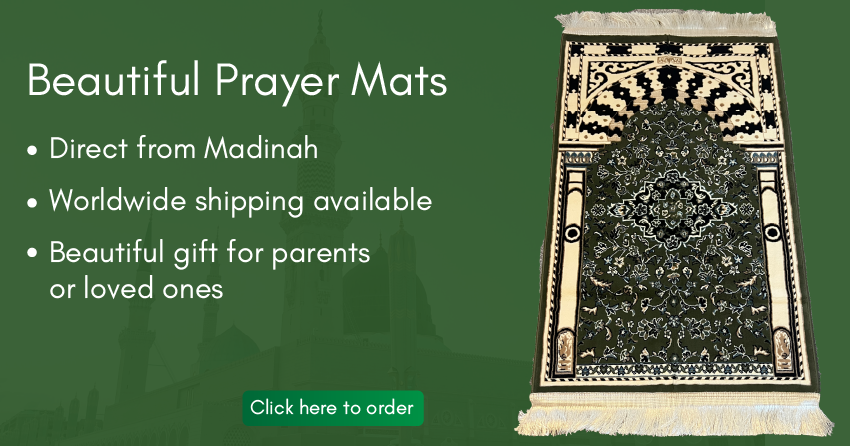Can our Deeds Benefit the Deceased?

Answered by Shaykh Omar Subedar
Question:
I would like to know that if we read the Qurʾān and ask Allāh to send its reward to all Muslims and my relatives including my parents who are no more, will the reward only go to my parents or to the rest of the people as well?
Answer:
بِسْمِ اللَّـهِ الرَّحْمَـٰنِ الرَّحِيمِ
The reward will be extended to every person you wish to extend it to without distinction.
This is an issue which scholars have debated since the earliest days of Islamic scholarship. Mullā ʿAlī Al-Qārī [d. 1014 H] has written in Al-Rawdh Al-Az’har, “Al Qawnawī has stated, ‘The stance on this issue, according to the Ahl Al-Sunna, is that a person has the liberty to designate the reward of his deed to someone else; be it a ṣalāh (ritual prayer), a fast, a pilgrimage, a donation etc.
Imam Al Shāfīʾe has allowed this for charitable acts and wealth related forms of worship. He has also allowed it for pilgrimage. [According to him] when a person recites [the Qurʾān] by the grave, the deceased shall receive the reward of listening attentively. He has repelled the [notion of] the reward of the Qurʾān reaching the dead along with the reward of ṣalāh, fasting, and all forms of obedience and worship with the exception of worship that is connected to wealth.
According to Imam Abū Hanīfa and his companions all of this is possible and its reward will reach the deceased. Those who reject this notion cling to Allāh’s statement, “And that there is not for man except that [good] for which he strives.” [53:39] and to the Prophet’s صلى الله عليه وسلم statement, “When a son of Adam passes away his deeds are cut off.”
The response to this is that the [aforementioned] verse is an argument in our favour, because the person who is gifting the reward of his deed to someone else has made an effort to have it reach the other person. He will only get what he has strived for by having the reward reach the other person. Hence the verse is an argument in our favour and not against us.
As for the ḥadīths, they simply indicate to the cessation of the deceased’s deeds and we also agree with this. The issue is simply on the reward of other people’s [deeds] reaching him. The Being to make the reward reach the deceased is Allāh because the deceased cannot make any effort of his own…” [p. 372, Dār Al-Basha’ir Al Islamiyyah, Beirut, Lebanon 1998]
And Allāh Knows Best.
Proudly brought to you by Mathabah, more can be found here.
Since You’re Here… we have a small favour to ask.
In these extraordinary times, millions rely on HOTD for daily uplifting & inspiring content. Established since 2009 and with your kind support we’ve seen readers elevate their Imaan & strive for better on a daily basis. We’re committed to keeping our content freely available and open for all readers. Every contribution, however big or small, makes a difference and help us spread knowledge to millions daily
HOTD is something special, it’s a place where people can come to be inspired, to renew their faith, to learn and share knowledge, to fall in love with our faith and also our Prophet (peace and blessings be upon him and his family).
All content on HOTD is free. We believe what we do in this life builds for the next one and we work tirelessly with the aim to please Allah and inspire the global Muslim community as
well as providing information and inspiration for anyone interested in Islam. We simply cannot do this without your support and your support helps us continue our services.
If there were ever a time to join us, it is now. You can support HOTD and help sustain our future. Support Hadith of the Day and make a one-off donation or give regularly from as little as £10 a month Jazak’Allah Khayr – whatever you donate will come back to benefit you Insha’Allah as whatever is spent in the way of Allah is an investment in the future and the next life. Thank you.


